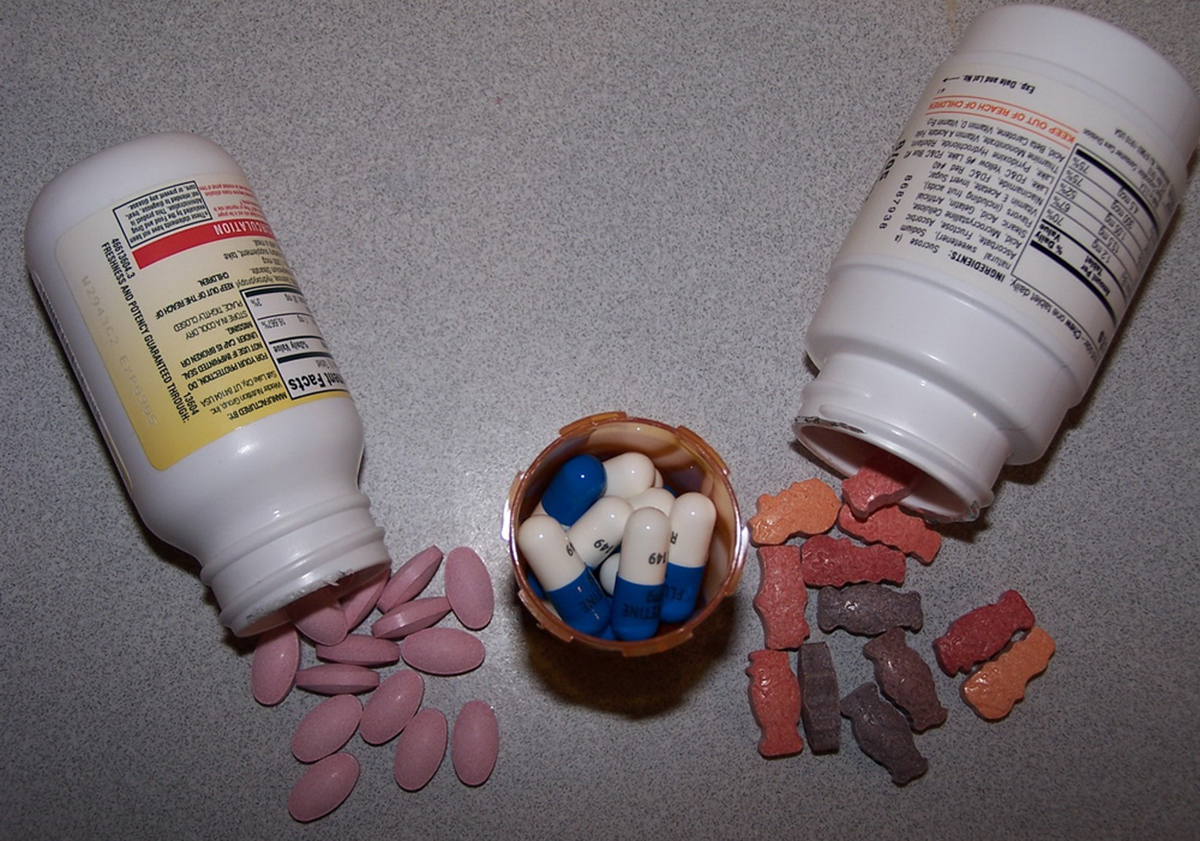Table of Contents
It would be great if all of the above could be applied in every part of the world. Sadly, it is not as easy as it sounds. Proper legislation regarding over-the-counter (OTC) and prescription only drugs is lacking in many countries. In Latin America, for example, this is a real problem, as the use of prescription-only medicines for self-medication is very common.

Self-medication: Safety above all
There is no such thing as a 100% safe medicine. Even when it has been approved as an OTC drug, it can still be risky to use without medical advice.
Self-medication may also promote the indiscriminate use of certain drugs, such as analgesics and anti-histaminics, which could potentially cause renal and liver dysfunction and other long-term complications.
Currently, you can even buy medicines through the internet. How can you be sure about the safety and quality of a product purchased like this? Of course, mail order pharmacies could be a very useful resource for patients, especially those who are physically disabled or don’t have easy access to health services. However, there should also be regulations over this type of market that can secure the well-being of the consumer.
Antibiotics and bacterial resistance
Even though antibiotics are considered as prescription only drugs in most countries, their unsupervised use is very common as a result of unfinished doses and the later use of these leftovers to treat what people think could be a bacterial infection.
The effect of this situation is a serious public health issue.
See Also: The Dangers Of Prescription Drugs
This does not only mean that more potent treatments need to be developed in order to kill these super bacteria, but also that infections are harder to treat and cure, and the rampant over-use of antibiotics can promote the development of chronic and more dangerous illnesses that then won't have a cure, because the antibiotics no longer work. In (not so very unlikely) dystopian scenarios, antibiotic resistance could mean people die from previously easily curable conditions, like an infected cut of the finger or a urinary tract infection.
Self-medication has existed for ages, and there are even institutions nowadays that promote it as a human right; however, there are still many things to think about when it comes to it, specially regarding the approval of OTCs, the availability of health services and the potential individual and public health problems that could arise as a consequence of self-medication.
- Photo courtesy of Taston by Flickr : www.flickr.com/photos/taston/3428932672
- Photo courtesy of je1196 by FreeImages : www.freeimages.com/photo/151747
- apps.who.int/medicinedocs/en/d/Jwhozip32e/3.3.html
- www.wsmi.org/pdf/storyofselfcare_bdpage.pdf
- http://apps.who.int/medicinedocs/en/d/Jh1462e/1.html
- www.ncbi.nlm.nih.gov/pmc/articles/PMC2964771/

